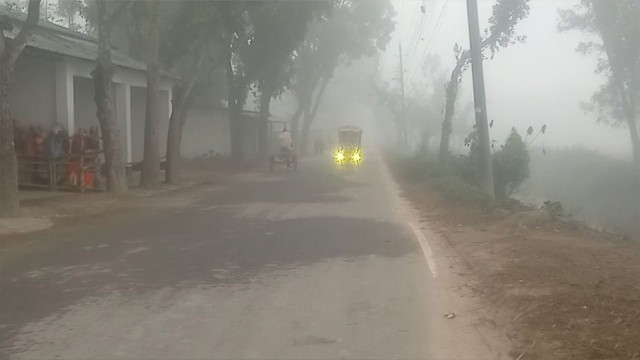The study highlighted in The Lancet Planetary Health journal underscores the severe health impacts of air pollution in India's major cities, where PM2.5 pollutants have been linked to a significant number of deaths annually. From 2008 to 2019, over 33,000 deaths each year across ten cities—including Delhi, Ahmedabad, Bengaluru, Chennai, Hyderabad, Kolkata, Mumbai, Pune, Shimla, and Varanasi—were attributed to PM2.5 exposure levels exceeding WHO guidelines of 15 micrograms per cubic meter.
In Delhi alone, air pollution was responsible for approximately 12,000 deaths annually, accounting for 11.5% of total recorded deaths in the city during the study period. Even cities perceived to have lesser pollution levels, such as Mumbai, Kolkata, and Chennai, reported alarming death rates linked to air pollution.
The study's authors advocate for stricter air quality standards in India, noting that the current national recommendation of 60 micrograms of PM2.5 per cubic meter is four times higher than WHO guidelines. They assert that implementing and enforcing lower limits could potentially save tens of thousands of lives annually. Joel Schwartz of Harvard University, a co-author of the study, emphasized the urgent need to adopt pollution control measures already proven effective elsewhere.
The World Health Organization underscores that air pollution, which exceeds recommended levels virtually worldwide, significantly contributes to strokes, heart disease, lung cancer, and various respiratory illnesses—affecting the health of nearly everyone on the planet.
This study underscores the critical imperative for robust regulatory actions and effective pollution control measures to safeguard public health in India's urban centers, where air quality remains a pressing and deadly concern.































Comment: